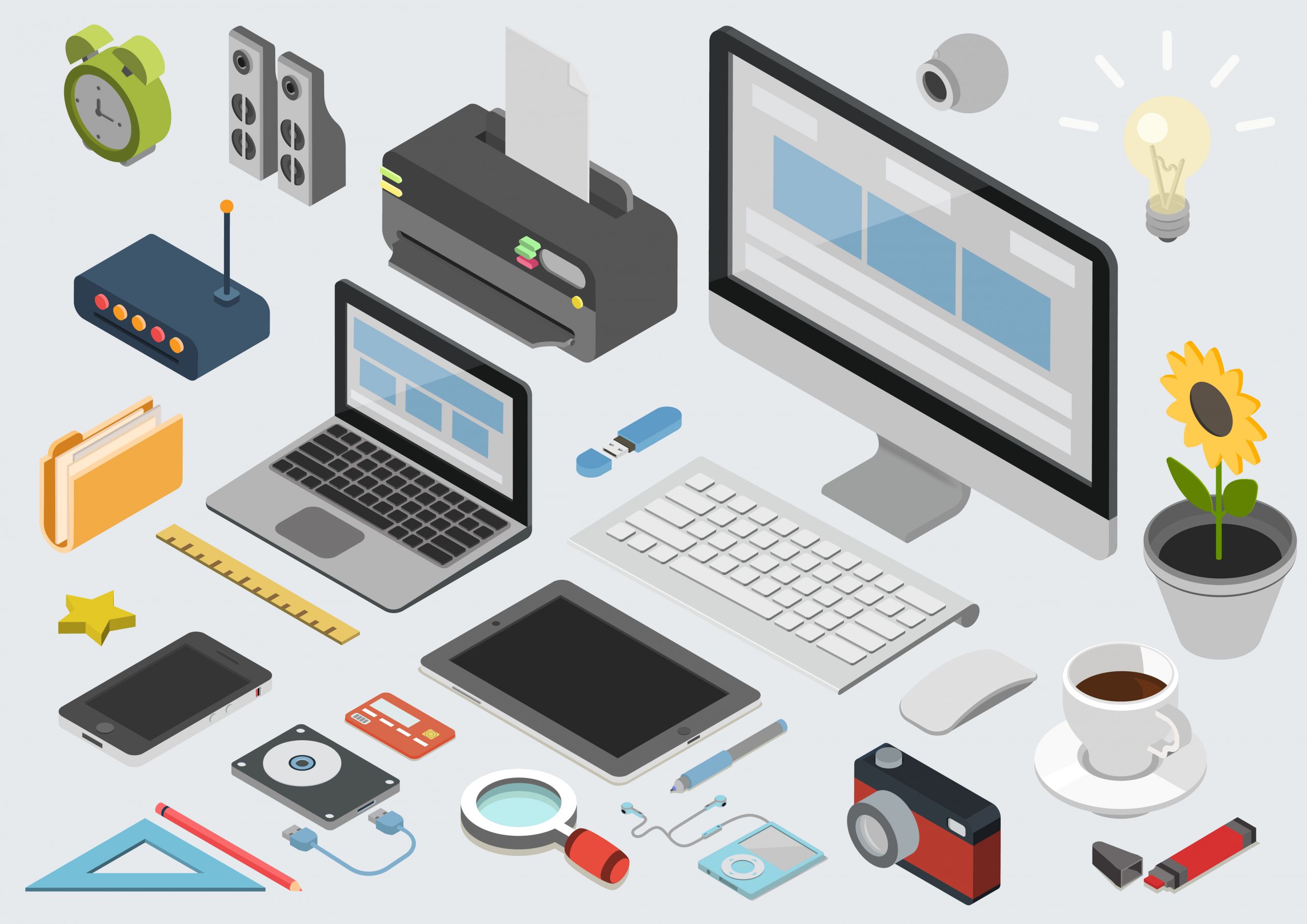Inadequate devices, training roadblocks for digitalization in public schools

by Almira Louise S. Martinez, Reporter
Slow devices and lack of proper training for teachers are some of the challenges of public schools going digital, according to a principal.
“If the government will invest in providing us with gadgets or devices with high-quality specs, it will be easier for teachers and students in schools,” Rudolph R. Abanto, principal III of Centex Batangas, told BusinessWorld in an interview.
“Yung mga computers namin na galing sa government, sobrang baba ng specs niya [The computers from the government have very low specs],” he said.
“We have a computer from the government that takes three hours to load before you can use the gadget,” he added.
During the 2025 budget hearing of DepEd, it was revealed that nearly P9 billion worth of laptops and e-learning equipment intended for 2023 remained undelivered.
The student-to-computer ratio is 1:9 while the teacher-to-computer ratio is at 1:30, DepEd ICT Director Ferdinand Pitagan said during the hearing.
“Although we have taken the first step already, I think we are far on where we need to be in terms of digital education, in terms of innovation in classroom teaching practices, in terms of equipment that we need,” Mr. Abanto said.
“Although we have the DepEd computerization program, I think the equipment, the devices, and the connection, they’re not enough to penetrate the whole public school system,” he added.
To help address the gap in sufficient devices, the Globe Telecom’s G-Gantic Goals donated 20 artificial intelligence-enabled tablets to Centex Batangas along with four other schools around the Philippines.
“Technology is a way to bring your ideas to life. We know it’s a powerful tool for education,” Anne Calma, head of subcultures at Globe Telecom, said.
“It’s not just the apps that we use but also devices like tablets, mobile phones that will help us achieve this,” she added.
Teachers’ training
The public school principal noted that ensuring the quality of equipment must come hand-in-hand with the training of teachers in public schools to ensure that the technology is being utilized “to make classroom teaching easier and interactive.”
“Back when we’re still studying to be teachers, we we’re only taught basic computer skills like Microsoft office,” he said.
“If the government would invest on quality trainings, invite organizations, invite networks that would really help teachers maximize technology, it will be a big help for us,” he added.
Last December, the Philippine Congress trimmed down the proposed P12.379 billion budget of the Department of Education (DepEd) for its computerization program to P2.43 billion.
The department said the proposed P12 billion budget is intended for P7 billion worth of laptops and smart televisions, P1.5 billion for satellite-based internet devices, P2.4 billion for software subscriptions, and P1.5 billion for capacity-building purposes.



